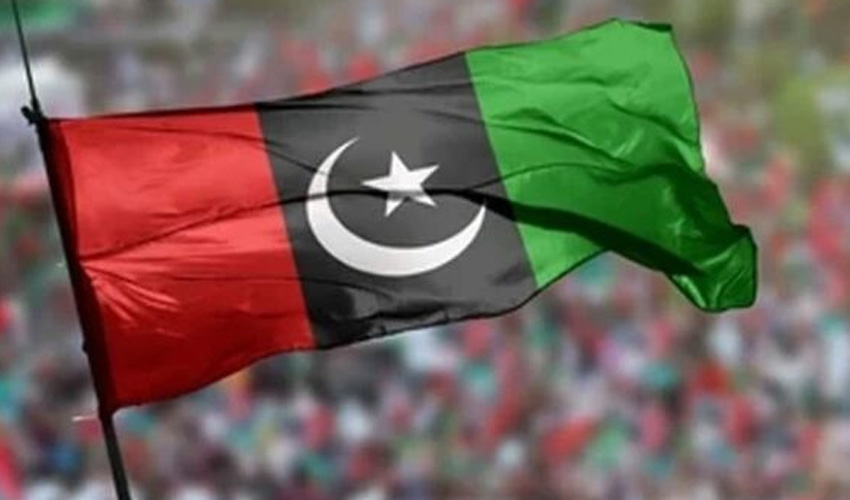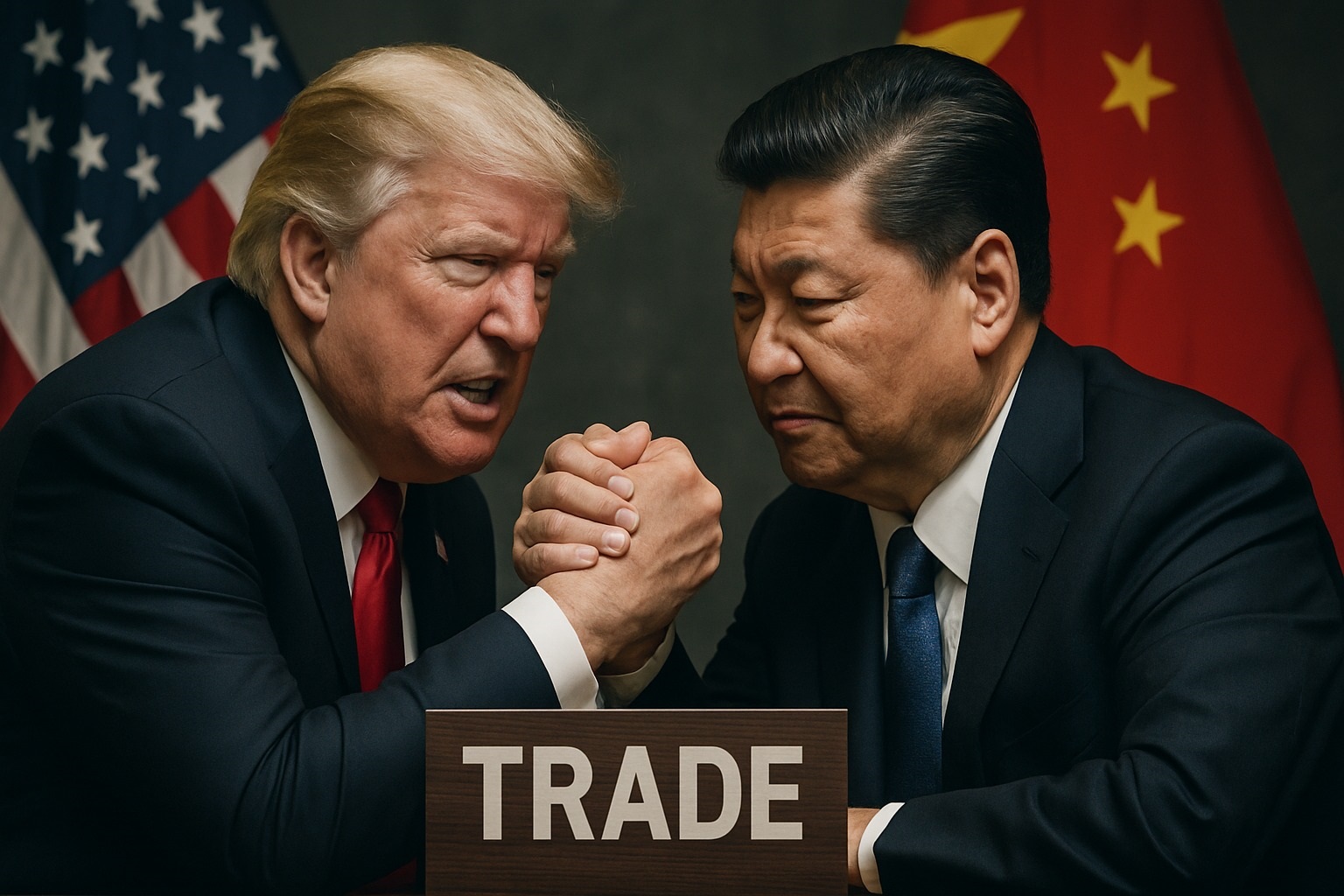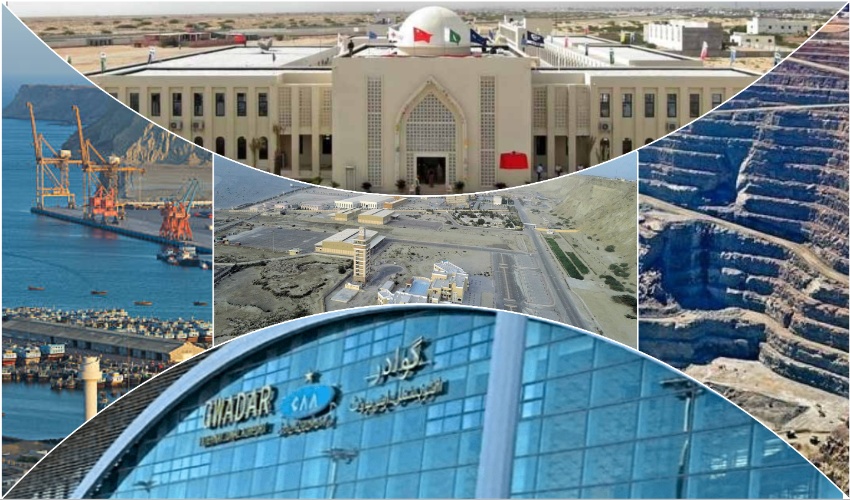In the realm of television, few series have ever captured global audiences as intensely as *Game of Thrones* and its prequel "House of the Dragon".
Both produced by HBO, these monumental fantasy dramas not only set a benchmark for storytelling and visual grandeur but also transcended borders, becoming cultural phenomena in countries far from their origins. In Pakistan, these shows became household names, with viewers passionately following the power struggles of Westeros and its history, making them the most-watched series in the country as of 2024.
This comparison delves into how both series, despite being part of the same universe, carved unique identities and legacies. While *Game of Thrones* set the stage with its intricate political webs, *House of the Dragon* amplified that legacy by exploring the past of the Targaryen dynasty. Both shows struck a deep chord with Pakistani audiences for their layered narratives, complex characters, and universal themes that resonate with Pakistan's own socio-political landscape. Let’s dive into the similarities and differences that made these two series titans of television.
Game of Thrones: A Trailblazer in Pakistani Television
Debuting in 2011, *Game of Thrones* took the world by storm, including Pakistan. Adapted from George R.R. Martin’s *A Song of Ice and Fire* novels, the show plunged viewers into a fantasy world full of political intrigue, war, and magic. Its unprecedented success in Pakistan can be attributed to a number of factors that appealed to a wide range of viewers.
The Themes that Resonated
At its core, *Game of Thrones* is about power and survival. From the first episode, viewers are introduced to characters who are driven by loyalty, betrayal, love, and vengeance—all deeply relatable themes for Pakistani viewers. The country’s complex political history, combined with its cultural emphasis on familial honor, made the power struggles between noble houses feel all too familiar.
The portrayal of leadership and the lengths people go to achieve or protect power hit home for many. In a nation where political instability often creates a backdrop of uncertainty, *Game of Thrones* became a reflection of real-life challenges. The characters, whether they were as noble as Jon Snow or as manipulative as Cersei Lannister, all carried shades of moral ambiguity, allowing Pakistani viewers to see elements of themselves or their own leaders within them.
Furthermore, the show’s exploration of justice and vengeance, embodied by characters like Arya Stark, resonated with audiences in Pakistan, where personal retribution and the fight for justice have been long-standing societal narratives.
Unforgettable Characters and Their Impact
*Game of Thrones*’ ensemble cast ensured that every viewer found a character to root for, hate, or admire. Tyrion Lannister, the sharp-tongued underdog, won hearts in Pakistan with his quick wit and unexpected wisdom. Jon Snow's journey from outcast to leader inspired younger generations struggling with identity and belonging.
The Starks, often depicted as the moral compass of the series, became a symbol of resilience and honor, mirroring the high value placed on family loyalty and honor in Pakistani culture. And who can forget Daenerys Targaryen? Her quest for power and eventual rise as the ‘Mother of Dragons’ drew parallels to Pakistan’s own women in leadership roles, struggling for recognition and authority in a male-dominated society.
The Cultural Impact
*Game of Thrones* became more than just a television show; it became a cultural event. Each episode's release sparked conversations across Pakistan. Social media was flooded with reactions, predictions, and memes, and the show’s memorable quotes, such as “Winter is coming,” became part of the everyday lexicon.
Entire communities would gather to binge-watch the latest episodes, and for a brief moment, political tensions and societal challenges took a backseat to discuss who would sit on the Iron Throne. The show’s ability to create a sense of global camaraderie was one of its most powerful legacies in Pakistan.
House of the Dragon: The Prequel Pakistan Was Waiting For
When *House of the Dragon* was announced, Pakistani fans of *Game of Thrones* were ecstatic. Set nearly 200 years before the events of *Game of Thrones*, this prequel explored the history of the Targaryen dynasty—a family whose legacy was one of power, madness, and dragons. Premiering in 2022, the show immediately captivated viewers with its deep dives into the world of Westeros, this time focusing on the infamous Targaryen civil war, known as the Dance of the Dragons.
A Focused Political Drama
While *Game of Thrones* sprawled across multiple storylines and locations, *House of the Dragon* is much more focused, zooming in on the internal family dynamics of the Targaryens. This singular focus on the family’s political infighting brought a different flavor to the series.
In Pakistan, where family-run political dynasties dominate much of the political landscape, this aspect of *House of the Dragon* resonated strongly. The bitter feuds, betrayals, and shifting alliances within the Targaryen family mirrored the political intrigue that many Pakistanis are all too familiar with.
The show’s more intimate storytelling also allowed Pakistani audiences to invest deeply in the characters’ personal struggles. The political ambitions of figures like Rhaenyra Targaryen and Alicent Hightower were not merely about power, but about personal validation, legacy, and survival. Their battle for dominance within the family paralleled the power struggles seen among Pakistan’s own political elite, who often prioritize family legacies over national interests.
Characters that Captured Attention
*House of the Dragon* introduced a new generation of powerful characters, each grappling with the weight of their birthright and ambitions. Rhaenyra Targaryen, the heir to the Iron Throne, became an instant favorite for many Pakistani viewers. Her struggle to assert her legitimacy as a female ruler in a patriarchal society echoed the challenges faced by many women in Pakistan.
Similarly, Prince Daemon Targaryen, with his rebellious and unpredictable nature, became a character viewers couldn’t help but admire. His ruthless approach to power, coupled with moments of vulnerability, created a character as morally complex as any seen in *Game of Thrones*.
The Return of Dragons
One of the main draws of *House of the Dragon* is, of course, the return of dragons. While *Game of Thrones* introduced viewers to Daenerys’ three dragons, *House of the Dragon* presents them in all their glory, with multiple Targaryens riding these majestic creatures into battle. For Pakistani viewers, the dragons represented the show’s fantastical elements at their best, providing the spectacle and grandeur that made *Game of Thrones* famous.
The presence of dragons as both weapons of war and symbols of Targaryen power served as a reminder of the devastating consequences of unchecked power—another theme that resonates in Pakistan’s socio-political climate, where the misuse of power can have long-lasting consequences.
Comparing the Two: What Made Each Series Stand Out in Pakistan?
While both *Game of Thrones* and *House of the Dragon* share the same universe, they offer different viewing experiences, each with its own strengths and appeal. Pakistani audiences embraced both, but for different reasons.
1. Scale vs. Intimacy
*Game of Thrones* was epic in scale, with multiple storylines, characters, and kingdoms vying for attention. This sprawling narrative allowed viewers to explore a vast world with endless possibilities. For Pakistanis, this felt like a grand epic—a sprawling tale reminiscent of historical sagas or Urdu literature, where multiple storylines converge in dramatic fashion.
On the other hand, *House of the Dragon* is a more intimate story. Its focus on the internal dynamics of the Targaryen family allows for a deeper exploration of character motivations and political ambitions. For Pakistani viewers, this provided a nuanced look at leadership and legacy, something that resonates with a society where family ties often dictate political and social standing.
2. Political Intrigue
Both series are political at their core, but they approach power differently. *Game of Thrones* explores power on a broader scale, with multiple factions vying for control over the Seven Kingdoms. *House of the Dragon*, by contrast, narrows its focus to the civil war within the Targaryen family, offering a more concentrated look at power struggles within a single dynasty.
For Pakistani audiences, who are well-versed in political maneuvering, both approaches offer valuable insights. *Game of Thrones* feels like a national political drama, while *House of the Dragon* mirrors the internal feuds and rivalries of political dynasties.
3. Characters
Both series introduced unforgettable characters, but while *Game of Thrones* offered a wide range of personalities and perspectives, *House of the Dragon* presents a more focused set of players. Pakistani viewers fell in love with both ensembles. The complexity of characters like Tyrion Lannister and Jon Snow in *Game of Thrones* gave audiences a chance to root for underdogs and heroes, while the morally ambiguous Rhaenyra and Daemon Targaryen in *House of the Dragon* provided a more focused exploration of power and its consequences.
The Legacy of Both Shows in Pakistan
By 2024, both *Game of Thrones* and *House of the Dragon* have solidified their places as the most-watched series in Pakistan. They offered more than just entertainment—they sparked discussions, created fan communities, and influenced local storytelling. Pakistani audiences, drawn to the shows' exploration of power, leadership, and family dynamics, found themselves captivated by the epic scale of *Game of Thrones*


























